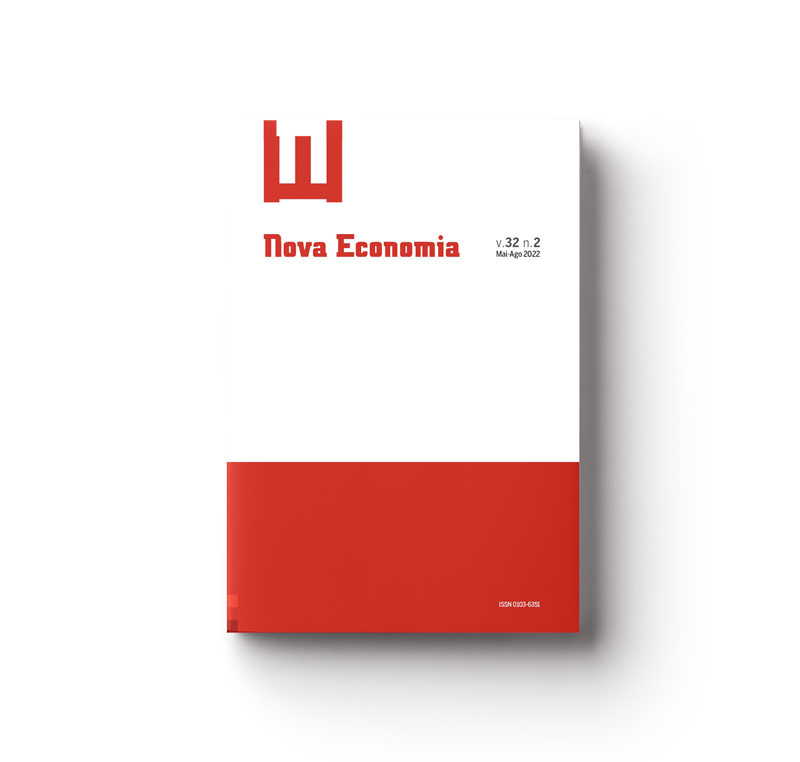Financing for renewable energy research in Brazil: an analysis from the Energy Sector Fund
Abstract
Abstract
This article aims to analyze the contribution of the Sectorial Energy Fund to foster scientific research on renewable energies in Brazil, through a Logit model, for the period from 2011 to 2015. Estimations are carried out with additional strategies, to identify the regional effect and the contribution of research institutions on scientific production in renewable energies. The data used were obtained from the FNDCT/CNPq database and from the Lattes Curriculum of the National Council for Scientific and Technological Development (CNPq). The results obtained demonstrate an average positive marginal effect of the Sectorial Energy Fund of 2.23% on the probability of scientific production, given an increase of R$ 10,000.00 in financing. Based on the results, it is possible to justify the importance of public financing for research aimed at renewable energies.
Keywords: FNDCT financing; renewable energy, scientific research.
JEL Codes: O39, C01, Q42.
Downloads
Published
How to Cite
Issue
Section
License
Copyright (c) 2022 Lindomayara França, José Ricardo de Santana, Márcia Siqueira Rapini, Fábio Rodrigues de Moura

This work is licensed under a Creative Commons Attribution 4.0 International License.
Authors who publish with this journal agree to the following terms:
- Authors retain copyright and grant the journal right of first publication with the work simultaneously licensed under a Creative Commons Attribution 4.0 International License that allows others to share the work with an acknowledgement of the work's authorship and initial publication in this journal.
- Authors are able to enter into separate, additional contractual arrangements for the non-exclusive distribution of the journal's published version of the work (e.g., post it to an institutional repository or publish it in a book), with an acknowledgement of its initial publication in this journal.
- Authors are permitted and encouraged to post their work online (e.g., in institutional repositories or on their website) prior to and during the submission process, as it can lead to productive exchanges, as well as earlier and greater citation of published work (See The Effect of Open Access).




